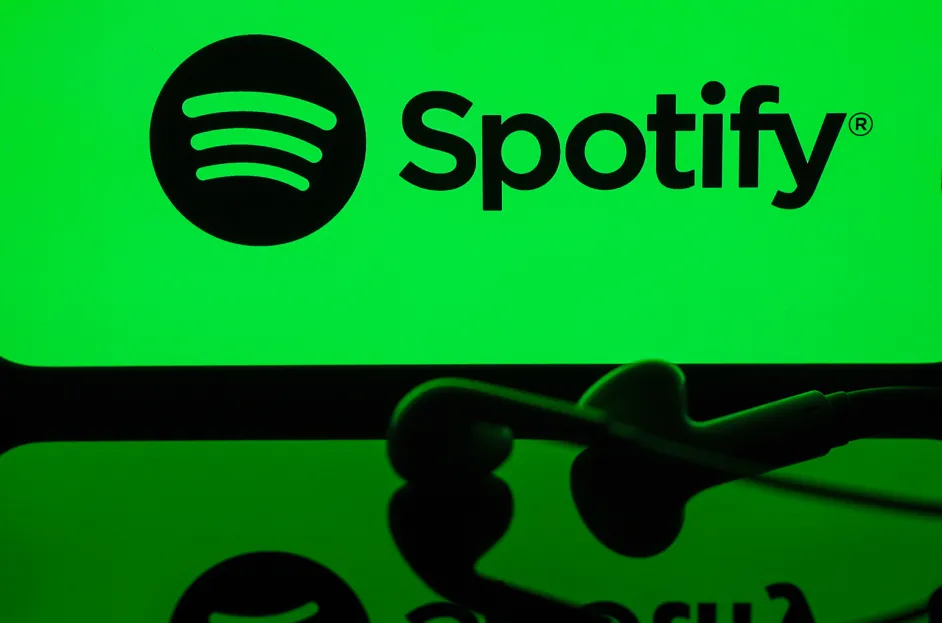After a dismissal ruled by a federal judge, Spotify is to continue its “bundling” practice, which has led to a decrease in artist royalties. The reduction in royalty payments has resulted in a gain in revenue for the streaming company. Spotify announced its new strategy last May: to combine music, podcasts and audiobooks for its premium tier subscribers. The convenience of the strategy is marketed to their customers, but subsequently, it is just as convenient for the streaming giant. The approach has allowed the company to offer lower royalty rates for artists through a loophole in a court ruling called Phonorecords IV (established Jan. 2023). Surprisingly, when rolling out their new initiative, Spotify moved their premium subscribers to their bundling service without notification, forcing their subscribers to opt out of the service manually. Phonorecords IV states that artists are to be paid a set amount in royalties if a platform offers music or podcasts. Still, because Spotify bundles the services, it can offer lower rates compared to standalone subscriptions. Billboard has reported that the company will pay an estimated $50 million less by next year.
Spotify has met swift criticism from the music industry. The Mechanical Licensing Collective (MLC) was the entity that sued them over what they deemed to be an “unlawful practice.” The MLC began its crusade against Spotify because: “Spotify unilaterally and unlawfully decided to reduce the Service Provider Revenue reported to the MLC for Premium by almost 50 percent, by improperly characterizing the service as a different type of Subscription Offering and underpaying royalties, even though there has been no change to the Premium plan and no corresponding reduction to the revenues that Spotify generates from its tens of millions of Premium subscribers.”
The MLC is set in its stance even though Spotify reported that this practice would result in better payment for all creatives. As stern as the MLC was in its stance, so was Spotify, which led to a dismissal of the case by Judge Analisa Torres. She believes that the precedent set by Phonerecords IV allows Spotify to continue with its practice, “Audiobook streaming is a product or service that is distinct from music streaming and has more than the token value,” Torres wrote.
Many music industry insiders disagree with the ruling and wonder what this will mean for the future of music. Artists already have a hard time receiving fair compensation within the streaming era. Many platforms pay most artists about $0.003 to $0.001 per stream. There is growing concern that other platforms will begin implementing their bundling tactics to reduce payouts. With this court ruling in place, these streaming platforms will have the jurisdiction to do so. The National Music Publishers’ Association (NMPA) fears this will undo all the work done in the fight for better royalty payments; Phonerecords IV was estimated to push royalty rates up to 15.35 percent by 2027. While many music insiders are upset with the proceedings, Spotify is thrilled. Despite criticism, Spotify assures the public that it will continue with its efforts, but it is opting for some form of collaboration because its efforts will help grow the industry.







Alexia Croll • Feb 13, 2025 at 1:47 pm
Very informative and well written! Looking forward to reading more!